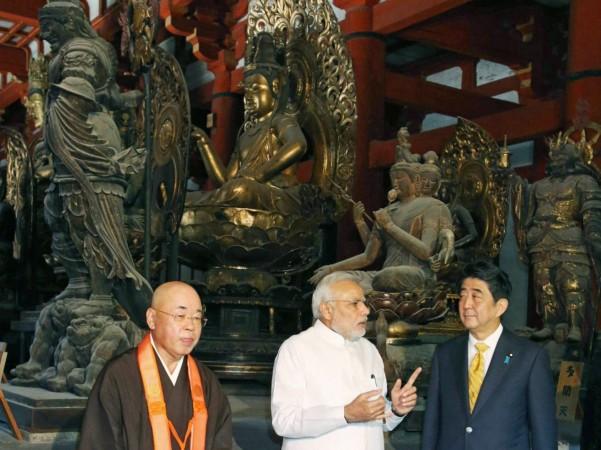Days after the central government decided to cancel all visa/eVisa that had been granted to nationals from Japan on or before March 3, the country has lodged a strong protest with India over its decision.

The decision was taken in a bid to contain the further spread of coronavirus cases in India.
Japan issued a demarche to India seeking review of its decision to cancel e-visas to Japanese nationals along with citizens from various other countries like South Korea, Iran and Italy, diplomatic sources said.
In its demarche, Japan took strong note of India's decision to club Japanese nationals along with people from other countries ignoring strong bilateral ties between the two nations.
Sources in the government said India's decision to cancel e-visas of people from several countries was taken with the sole purpose of containing potential risks of the virus spreading in India.
They said India is unlikely to review its decision soon.
India cancels Visas, issues new travel advisory
India on Tuesday suspended all regular visas/e-visas granted on or before March 3 to nationals of Italy, Iran, South Korea and Japan as part of measures to check the spread of coronavirus in the country.
The regular/e-visas granted to people from Italy, Iran, Japan and South Korea were suspended after these countries reported a rising number of coronavirus cases.
The e-visas granted to people from these four countries who have not yet entered India were also suspended with immediate effect.
India had suspended regular/e-visas granted on or before February 5 to Chinese nationals and the restriction is continuing.
India has 31 confirmed cases of the coronavirus infection while nearly 29,000 people have been put under surveillance on suspicion of infection or as part of precautionary measures.
(With agency inputs)









